



India and Iran relations centered on energy needs and regional connectivity projects like Chabahar Port and INSTC. Economic cooperation faces challenges due to international sanctions on Iran. India navigates balancing relations with other regional powers while acknowledging the importance of strengthening its strategic partnership with Iran.
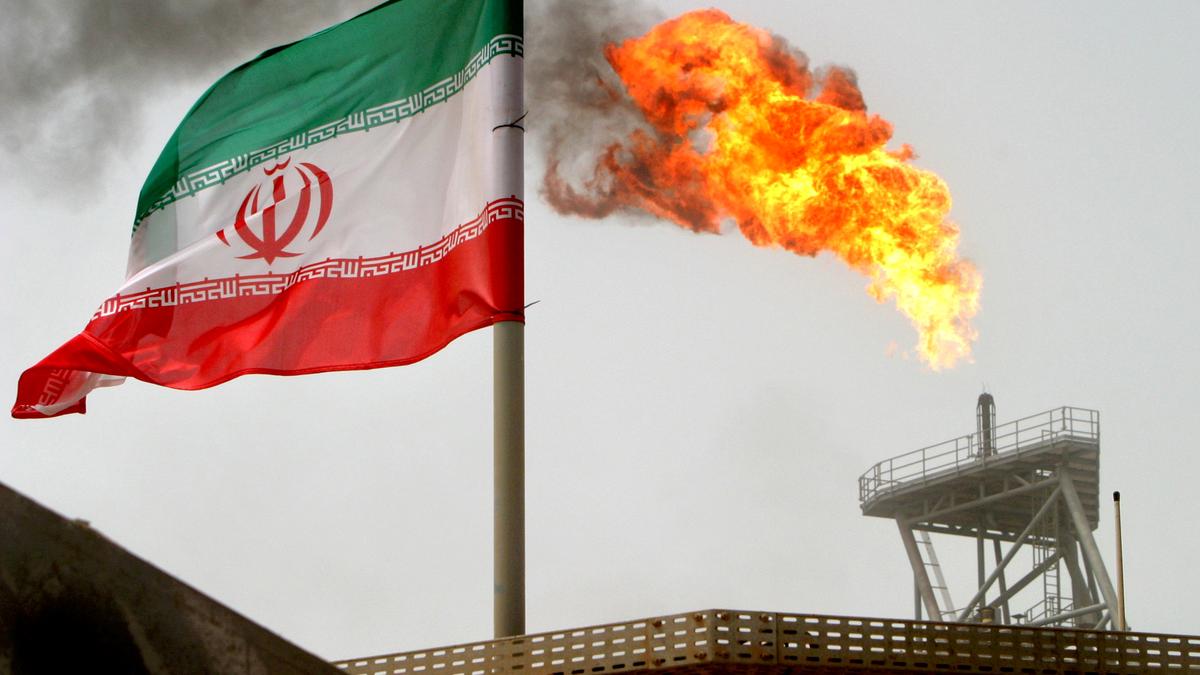
Copyright infringement not intended
Picture Courtesy: THE HINDU
Britain, France, and Germany's reimposition of UN sanctions on Iran due to its nuclear program could negatively impact India-Iran relations.
Foundation and Early Years: Diplomatic relations established in 1950. During the Cold War, relations were strained by differences in political alignments.
Post-Revolution Shift: Following the 1979 Islamic Revolution, relations improved.
Strategic Convergence (1990s-2000s): In the 1990s, both nations found common ground in supporting the Northern Alliance against the Taliban in Afghanistan.
Sanctions and Balancing Act: Relationship faced stress due to international sanctions against Iran's nuclear program.
|
Joint Comprehensive Plan of Action (JCPOA)
|
Renewed Momentum (2016-Present): Indian Prime Minister Iran visit in 2016, resulted in the signing of the trilateral agreement on the Chabahar Port with Afghanistan.
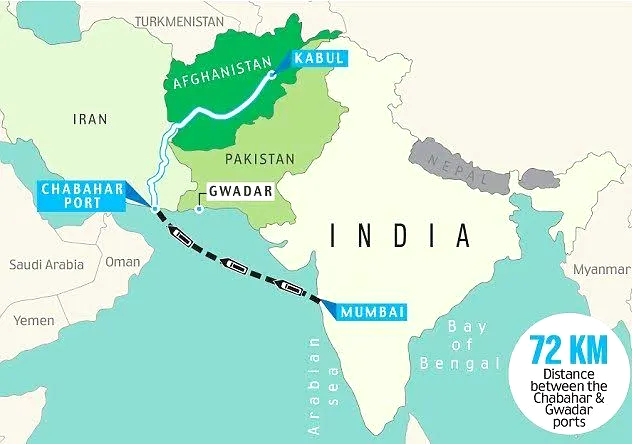 Why IRAN is important to India?
Why IRAN is important to India?
Strategic Connectivity: Gateway to Afghanistan and the landlocked Central Asian republics, bypassing Pakistan.
Chabahar Port: Centerpiece of India's "Look West Policy" and connectivity initiatives.
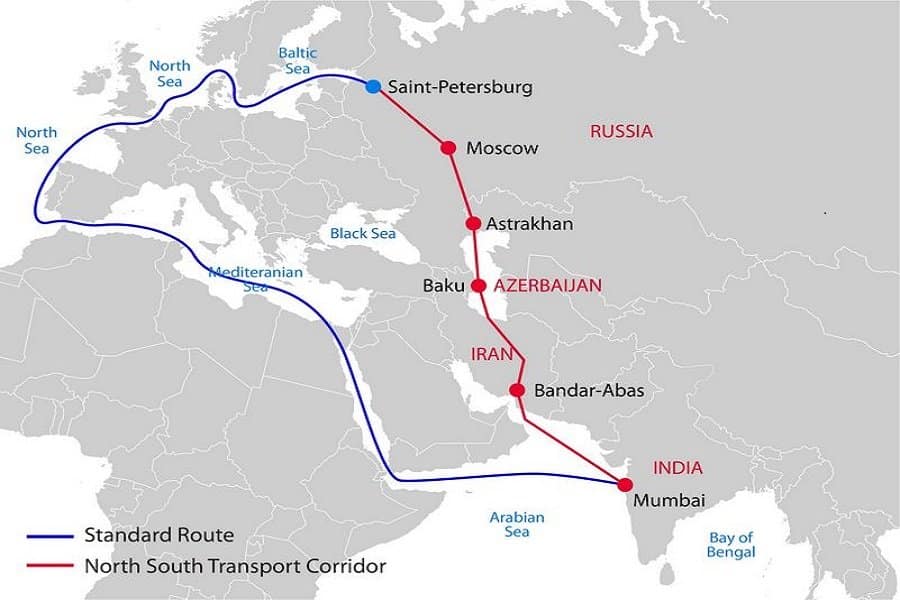
Energy Security: Iran has the world's third-largest oil reserves and second-largest natural gas reserves.
Economic Partnership Beyond Energy: Iran is a export market for India, importing commodities such as rice, tea, pharmaceuticals, and other goods, opportunities for diversifying trade basket and facilitating greater economic engagement.
Regional Balance of Power: A stable and friendly Iran is important for India's interests in West Asia.
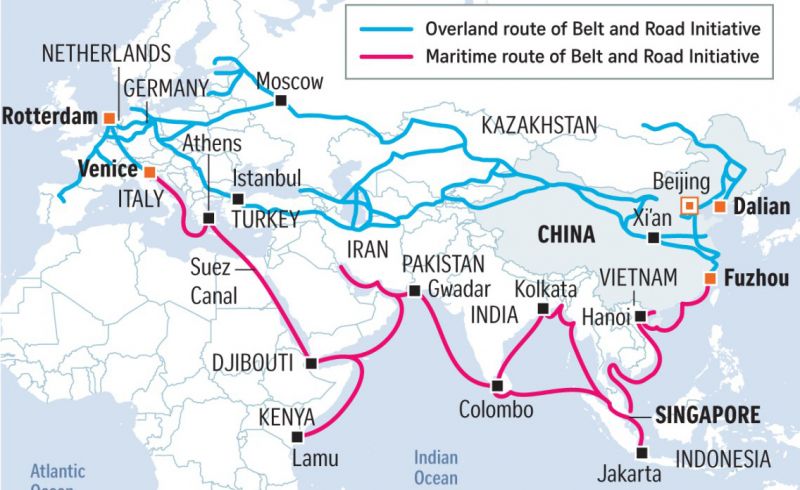
Afghan Stability: Both India and Iran share common interest in a peaceful and stable Afghanistan, free from extremist influence, historically collaborated against the Taliban and can play a significant role in the country's future.
Diplomatic Engagement and Multilateralism: India engage with Iran on multilateral platforms such as the Shanghai Cooperation Organization (SCO) and BRICS, where both are members, to promote common interests and contribute to a more equitable and multipolar world order.
Economic Partnership: India, as the fifth-largest economy and a major energy consumer, a huge and reliable market for Iranian oil and gas.
Countering International Isolation: Facing Western sanctions, a strong relationship with a major, strategically autonomous power like India provides Iran diplomatic and economic space.
'Look East' and 'Neighbourly' Policy: India is a part of Iran's foreign policy towards Asia to find partners beyond its immediate, hostile, neighborhood.
Geopolitical Alignment: Iran views India as a key player in a multipolar world order that can help challenge U.S. dominance.
Strategic Location and Regional Connectivity: India's strategic location in the Indian Ocean and efforts in developing connectivity projects such as the INSTC and Chabahar Port, offer Iran potential trade routes to Central Asia and a means to enhance regional integration.
Strategic Autonomy: India follows its national interests without being bound to any single power bloc's agenda.
De-hyphenated Foreign Policy: India categorises relationships, maintaining robust defense and technology cooperation with Israel while pursuing energy and connectivity projects with Iran. This de-hyphenated approach allows India to maximize its gains from all sides.
Pragmatic Realism: Engagement is not driven by ideology but by a realist calculation of core interests: energy security, connectivity, and regional balance.
Adherence to Multilateralism: While India has resisted unilateral sanctions imposed by the U.S., it has followed UN-mandated restrictions.
Calculated Neutrality: During the recent Iran-Israel conflict in June 2025, India urged both sides to de-escalate and chose not to join an SCO statement condemning Israel, demonstrating its careful, non-aligned position.
Sanctions: U.S. sanctions regime, particularly the Countering America's Adversaries Through Sanctions Act (CAATSA), forced India to reduce its oil imports from Iran to nearly zero after 2019, impacting economic ties.
Geopolitical Tightrope: Pressure to balance growing strategic partnership with the United States and strong ties with Israel and Gulf Arab nations against relationship with Iran.
Iran's Deepening Ties with China: Iran and China signed a 25-year strategic cooperation agreement in 2021. While Iran pursues its own interests, China's expanding economic and strategic footprint in Iran under Belt and Road initiative (BRI) is a concern for India.
Delays in Key Projects: India's participation in the Farzad-B gas field project was terminated, and the construction of the Chabahar-Zahedan railway line has faced delay.
Regional Instability and Terrorism: Iran's support for groups like Hamas, Hezbollah, and Houthis in Yemen create challenges for India, which aims to maintains neutrality and has strong partnerships with countries like Saudi Arabia and the UAE.
Rhetoric on Kashmir: Occasional statements by Iranian religious leaders on sensitive internal issues for India, such as the situation in Kashmir or the state of Indian Muslims, strain bilateral relations.
Prioritizing Chabahar Port & Connectivity: Focus on the timely completion of the Chabahar Port development and associated connectivity infrastructure like the railway line to Zahedan and its integration into the INSTC.
Strategic Engagement on Energy: Explore possibilities of resuming or diversifying energy cooperation, restarting oil imports from Iran, considering India's growing energy needs and Iran's reserves.
Boosting Trade and Investment: Expand the trade basket beyond traditional goods like oil to include areas like pharmaceuticals, agricultural products, engineering goods, and services.
Deepening Counter-Terrorism and Security Collaboration: Address shared security concerns and the threat of terrorism by strengthening counter-terrorism cooperation, including intelligence sharing and joint exercises.
Strategic Autonomy and Balanced Engagement: India should continue to pursue its foreign policy of strategic autonomy, maintaining robust ties with Iran while also managing relations with other regional and global powers.
Addressing US Sanctions: Engage with the US to explore opportunities to mitigate the impact of sanctions on essential connectivity projects for regional stability and development like Chabahar port.
Leveraging Multilateral Forums: Utilize platforms like the Shanghai Cooperation Organization (SCO) and BRICS to discuss important regional issues, to promote common interests, and advocate for a more multi-polar world order.
India-Iran relations are crucial for India's energy security and regional connectivity via Chabahar Port. Navigating US sanctions while balancing geopolitical interests presents challenges. However, mutual interests in stability and economic cooperation offer pathways for a stronger future partnership.
|
For Mains: INDIA-IRAN DIPLOMATIC TIES l HOW US-RUSSIA RELATIONS AFFECT INDIA? l INDIA AND WEST ASIA RELATIONS |
Source: THE HINDU
|
PRACTICE QUESTION Q. Analyze the major challenges to India-Iran relations in the present geopolitical landscape. 250 words |
The International North-South Transport Corridor is a 7,200 km multi-modal network of ship, rail, and road routes for moving freight between India, Iran, Afghanistan, Armenia, Azerbaijan, Russia, Central Asia, and Europe.
The relationship rests on three main pillars: energy cooperation (historically, oil imports), connectivity projects (like Chabahar Port and INSTC), and strategic interests in regional stability.
Built by India in Afghanistan, this highway links to Iran's road network, connecting to Chabahar Port. It's a key part of the larger connectivity vision.
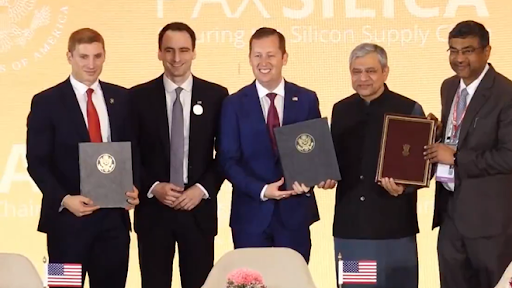



© 2026 iasgyan. All right reserved